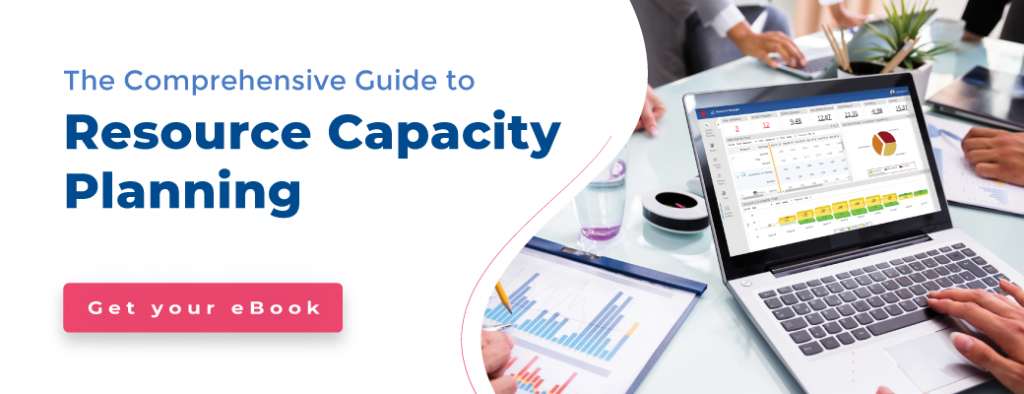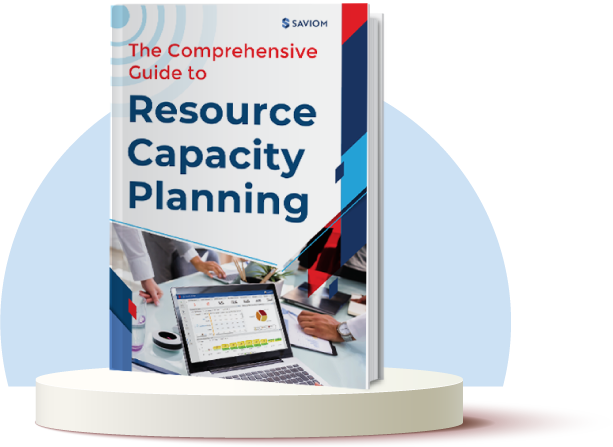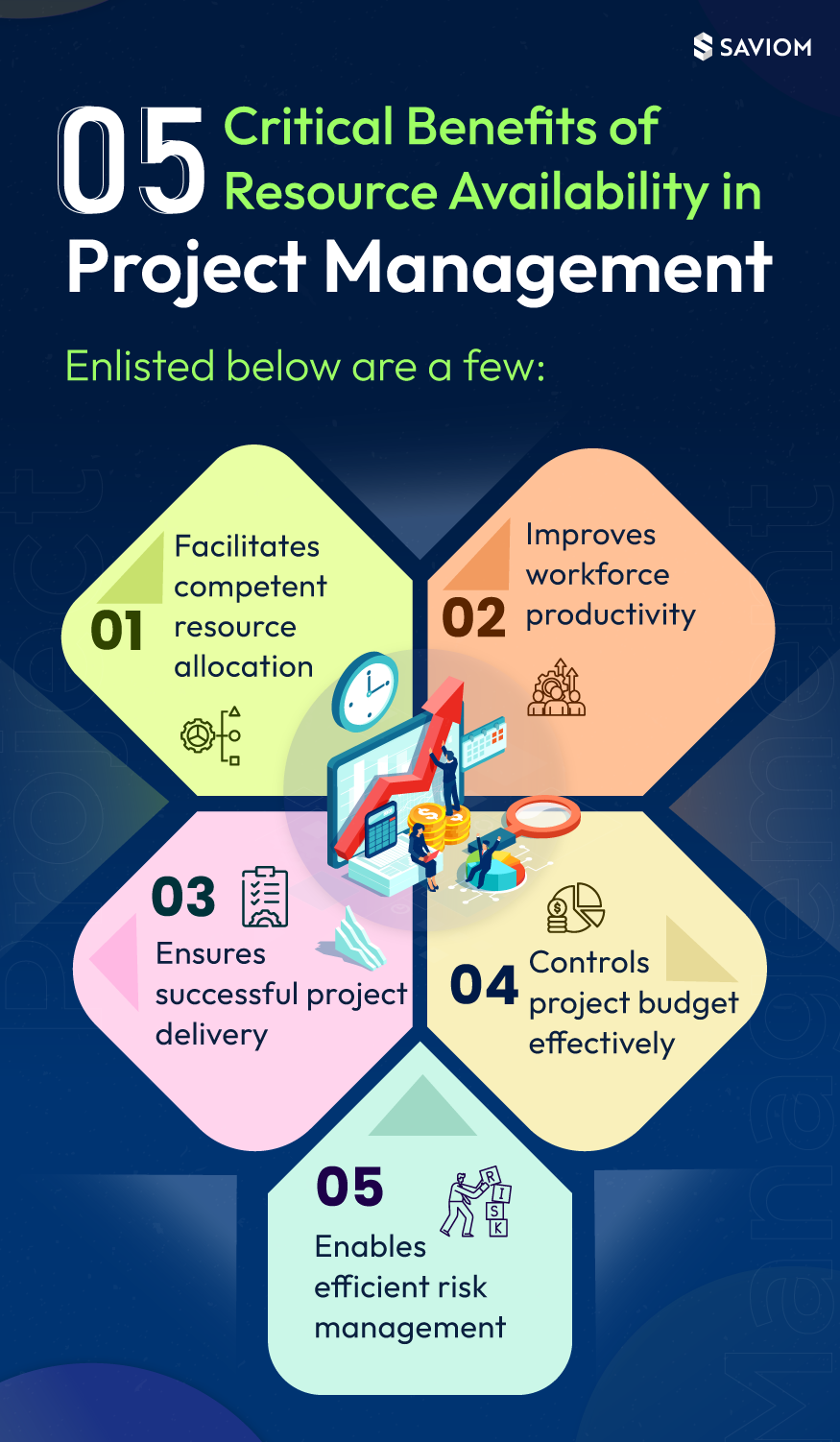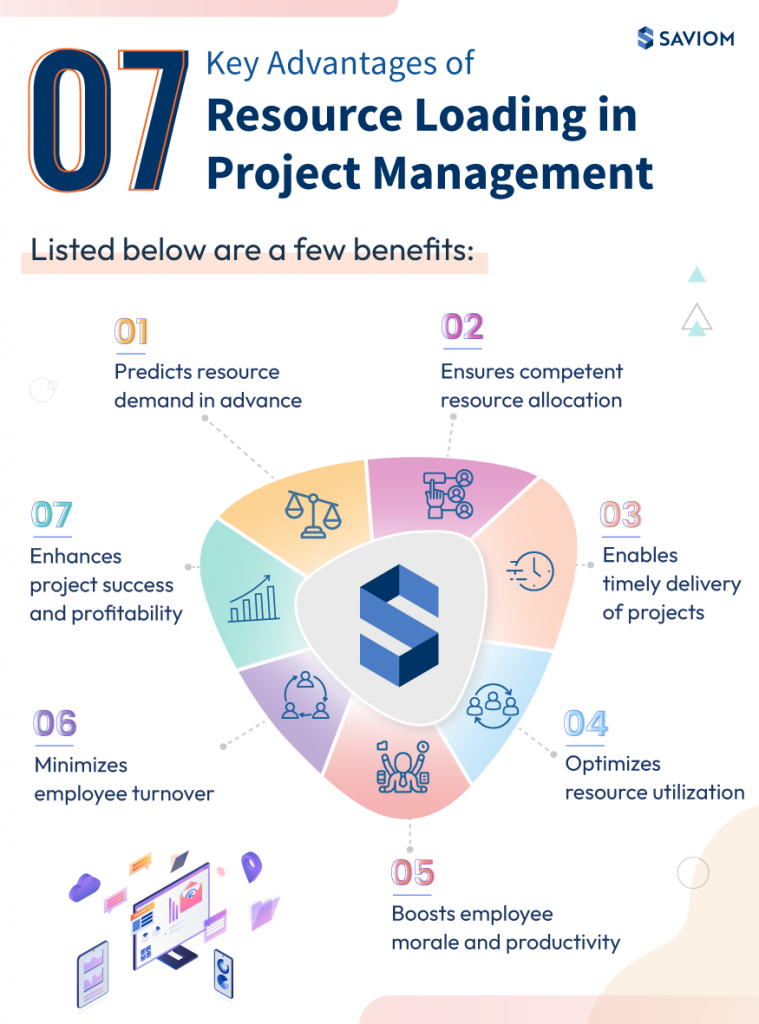As quoted by John C. Maxwell- “A leader is the one who knows the way, goes the way, and shows the way.”
Rightly said, a project manager is a visionary leader who strives to meet the long-term strategic goals and empowers the team to work towards the firm’s shared vision.
If you have an official leadership title or not, overseeing a project means you are held accountable for successful project delivery, monitoring, and maintaining the team’s efficiency.
Therefore, a manager’s skills can encompass strategic thinking and problem-solving to team-building and other soft skills. The leader’s job is to play every role efficiently and deliver the best output to elevate profits and performance.

This article emphasizes the aspects of leadership in project management landscape.
Beginning with understanding the role of project managers in an organization,
Importance of Leadership in Project Management?
A project-based firm works on multiple projects simultaneously. To deliver these projects within time and budget, every project team requires a leader to steer them through the path of success. Otherwise, there will be delays in submission, team conflicts, and lower productivity without active supervision.
Therefore, the onus is on project managers to help the organizations meet their long-term objectives by propelling successful styles of leadership in project management. Managers define the project scope, followed by project planning, execution, and monitoring. They also facilitate team collaboration, continuously communicate with stakeholders, manage finances and mitigate potential risks.
The managers also can be the subject matter experts who regularly check on the project quality and take necessary steps to meet the deliverables.
Now that we know the importance of leadership in project management. Let’s understand the project leadership matrix in detail here.
Role of Leadership in Project Management
The leadership in project management plays a critical role for the success of the project. It can be explained through Project leadership Matrix which highlights the leadership style of a person based on individual personality traits. Susanne Madsen’s Model describes this concept using a two-dimensional magic quadrant. The horizontal axis represents TASK and the PEOPLE, and the vertical axis represents the proactive versus reactive nature of the leader. It gives us four quadrants, namely;
- Reactive people-leadership (People Focus)
- Managing resource-related issues
- Resolve interpersonal conflicts
- Reactive task management (Task Focus)
- Resolve urgent issues
- Firefighting
- Proactive people-leadership (People Focus)
- Build relationships
- Empower and motivate the team
- Provide vision & direction to team members
- Proactive task management (Task Focus)
- Managing risks
- Defining & planning work breakdown structure
- Assuring work quality
The reactive and proactive approaches have their own set of merits and demerits because one can’t possibly foresee all risks and mitigate them at the eleventh hour. Therefore, successful project managers are those who can balance both styles of leadership in project management as per the specific situation.
Let’s understand their roles and responsibilities of a project manager in detail:
Roles & Responsibilities of a Project Manager
A project manager needs to wear multiple hats while managing different project scenarios. He needs to show his different skills of leadership in project management by being a team leader, excellent decision-maker, individual contributor, a people person, a subject matter expert, and more.
Here are some of the critical roles and responsibilities of a project manager:
-
- Plan and Define the Scope of Projects
A systematic, well-documented strategic plan is the backbone of any project. Without a definite plan in place, the project execution process will be chaotic and lead to delays and cause potential roadblocks. Therefore, managers create the project plan based on its scope and timeline. He/She also needs to take accountability for several components, including but not limited to cost & budget, resources requirements, risk assessment, and stakeholder management.
- Plan and Define the Scope of Projects
-
- Estimate and Acquire Resources
Once the project scope is defined, managers estimate the required resources (both quantity and skillset) during project initiation and request the same from the resource managers for fulfillment. An intuitive resource capacity planning solution helps to keep the workload balanced and enhances productivity.
- Estimate and Acquire Resources
-
- Communication with Stakeholders & Teams
The manager’s role of leadership in project management is to coordinate the activities of team members and progress to achieve the shared goals and objectives. With the help of an appropriate resource management tool, project managers can efficiently communicate with the team members and keep stakeholders and clients in the loop. In addition to maintaining transparency with the internal teams, the project manager is also expected to manage client’s expectations.
Internal Communication:
It refers to exchanging information between project managers and individuals directly involved in the project execution, including the internal management. It involves issue-specific detailed discussion, managing escalation, status reporting at various stages of the project execution, and more.
External Communication:
It involves exchanging critical information between project managers and external entities such as various stakeholders within the client organization and different statutory bodies as appropriate.
- Communication with Stakeholders & Teams
-
- Reviewing & Monitoring
Project managers don’t just estimate; they are also responsible for ensuring that the work progresses as per plan at different milestones. To achieve that, regular monitoring and tracking of the various project activities is crucial. A unified system-wide view of the project schedule can help managers seamlessly track the progress at each milestone.
- Reviewing & Monitoring
-
- Maintain Project and Resource Health
One of the project outcomes or major objectives is to deliver it on time and within the allocated budget. The performance of resources at every stage decides the success or failure of a project. So the project manager needs to ensure the human-resources are taken care of and their interests are also addressed. It will also help in successful delivery, which in turn will guarantee good project health.
- Maintain Project and Resource Health
-
- Risk Management
As a project leader, the more frequently you touch base with your project management team, the more aware they are of the resource-related risks. This is why managers rely on data-driven foresight to identify project risks in advance and create a mitigation strategy. They also formulate a risk-management framework that shows a risk chart depicting the severity and how to cope with it.
- Risk Management
-
- Conflict Resolution
A project leaders’ role is to deal with people and address interpersonal issues. Smooth team coordination remains a crucial resource management challenge in achieving operational efficiency. Managers need to step in and take charge to resolve conflicts before it has a catastrophic effect on the project’s progress.
- Conflict Resolution
Based on the roles and responsibilities of a Project Manager, let us now get into the details of key leadership skills;
What are the Different Project Manager Skills?
A leader has to lead by example to make an impression on his followers. A project manager’s situational leadership style can positively impact the stakeholders and team members and facilitate day-to-day operations.
Here is a shortlist of the must-have leadership skills of a project manager:
-
- Decision-Making
The project manager provides the final word on the project operations and addresses issues to streamline the process. Therefore, a crucial role of Leadership in project management is the project manager’s skills to make informed and timely decisions as it directly impacts the project’s outcome
- Decision-Making
-
- Shares a Vision
Employees are purpose-driven. When they have a real understanding of project goals and objectives, they will be more productive and substantially contribute to the project.
According to HBR, 95% of employees admit that they don’t understand their company’s strategy.
Thus, project leaders’ job is to arm the team with details, context, and vision transparently from the outset. Having a shared project vision lets the team members know how they add value to the ultimate goal, enhancing productivity.
- Shares a Vision
-
- Planning & Management
Project managers are responsible for drawing out a well-formulated plan that facilitates scope, goal, budget, project essentials, and time management. It also should include a resource plan for managing team members efficiently and effectively to meet the deliverables. The resources can be onboarded and released as per the project requirements.
- Planning & Management
-
- Communication & Negotiation
The project manager invests much time in meetings, discussions, and reviews, be it for team management, clients, or other reporting bodies. Therefore, a successful project manager should also possess excellent communication skills. On the other end, negotiation is another critical project manager skill that wins you workable agreements and feasible contracts that effectively let managers share their point of view with various stakeholders.
- Communication & Negotiation
-
- Team Building
The ideal manager should ascertain that s/he encourages the team to function cohesively to accomplish its shared purpose. They should also nurture the team by conducting team-building activities such as group discussions and brainstorming to boost employee performance.
- Team Building
-
- Leads by Example
There’s nothing worse than a “Do as I say and not as I do.” Leadership in project management facilitates managers to inspire, and fuel the team, through leading by example. An ideal leader abides by all the project guidelines first and inspires others to follow the same to run the project seamlessly.These are some of the steps project managers can take to help lead the team by example and create better work environments.
- Leads by Example
-
- Share the vision/mission of your company.
- Encourage and motivate teams by offering training if needed.
- Get the facts and insights straight before doing anything.
- Analyze and mitigate risks.
- Always follow-up with team members.
- Fosters Resilience
Often project management plans can lead the team to uncertain and challenging situations. Therefore, a good leader can positively cope with the adversities and stress and encourage their teams to complete project tasks.
Conclusion
Effective leadership in project management leads to exceptional Project Performance!
Being a successful project manager goes beyond managing project flow and coordinating with teams and stakeholders. One must also know how to define schedules and deliverables when the stakes are high. They also have a Plan B ready if there are hurdles on the way and one needs to course-correct.
As rightly said, a good leader is a person who leads by example and imbibes the core values of leadership in project management and in the team. The project manager skills mentioned above will help project managers enhance project profits and attain the organization’s objective.
So, what type of a leader are you? What skills do you think are imperative to achieve optimal efficiency?
The Saviom Solution
SAVIOM is the market leader in offering the most powerful and configurable solutions for managing enterprise resources efficiently and effectively. Having more than 20 years of experience, this Australian-based MNC has a global presence in over 50 countries. It is also popular with more than 100 customers and helping them to achieve their business goals. SAVIOM also has products for project portfolio management, professional service automation, and workforce planning software which can be easily customized as per business requirements.












